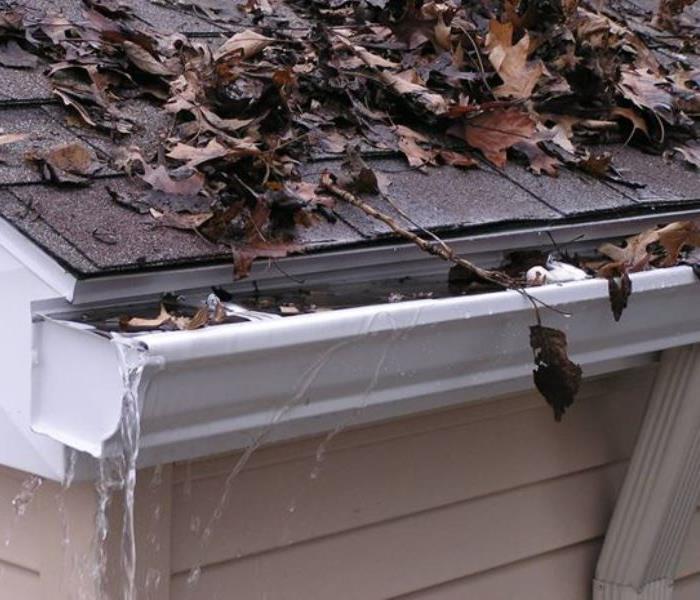Winter Weather Checklist by SERVPRO of Bennington & Rutland Counties
1/27/2016 (Permalink)
Winter Weather Checklist
Be Prepared at Home:
• Keep several days of food that does not need cooking or refrigeration. Remember to stock up on infant formula and baby food if you have children. If you plan on using canned goods, be sure to have a can opener that does not require electricity.
• Keep several days of water on hand (about 1 gallon per person per day for drinking, more for hygiene purposes) in case your pipes freeze or you lose power. Don’t forget to store extra water and food for your pets.
• Keep flashlights, a portable radio and extra batteries handy. Battery operated lights should be used instead of candles which can cause a fire.
• Keep a first-aid kit and a sufficient supply of prescription medications on hand at all times.
• Use generators correctly – never operate a generator inside the home, including the basement or garage. Do not hook up a generator directly to the home’s wiring. The safest thing to do is to connect the equipment needed directly to the outlets on the generator.
• Prevent frozen pipes - when the weather is very cold outside, open cabinet doors to let warm air circulate around water pipes. Let the cold water drip from the faucet served by exposed pipes.
• Charge electronic devices and cell phones that can be used to report an emergency, check the status of a power outage or local emergency assistance. If possible, have an additional cell phone battery charged to act as a backup.
Be Prepared on the Road:
• Keep a vehicle emergency preparedness kit: battery powered radio, first-aid kit, whistle, jumper cables, flares, flashlight, batteries, tool kit, sand, ice scrapers and shovel.
• Keep a personal emergency preparedness kit: water, non-perishable foods, blankets or sleeping bag, gloves, hats, scarves, antiseptic towelettes, hand warmers and any personal medications.
• Create an emergency contact card to keep with you: Your name, address, telephone number, local contact and out of area contact.
• Check the antifreeze in your car. Also check windshield wiper blades and fluids.
• Keep the car’s gas tank full for emergency use and to keep the fuel line from freezing.
In Case of an Emergency:
• If possible, call 911 on your cell phone. Provide your location, condition of everyone in the vehicle and the problem you are experiencing.
• Tie a brightly colored cloth (preferably red) to the antenna for rescuers to see.
• Stay in your vehicle. Walking in a storm can be very dangerous. Your vehicle is good shelter.
• If you must leave your vehicle, write down your name, address, telephone number and destination. Place it inside your front windshield to be seen.
• Start the car and use the heater for about 10 minutes every hour. Keep the exhaust pipe clear so fumes do not back up into the car.
• Leave the overhead light on when the engine is running to help rescuers see the vehicle.
SERVPRO of Bennington & Rutland Counties Salutes our Veterans
11/11/2015 (Permalink)
 Servpro of Bennington & Rutland Counties Salutes our Veterans
Servpro of Bennington & Rutland Counties Salutes our Veterans
FOR ALL WHO HAVE SERVED OR
WHO ARE SERVING,
WE ARE FOREVER THANKFUL.
SERVPRO of Bennington & Rutland Counties
will be open on Veterans Day
for any of your emergency or repairs needs.
24/7/365
1-802-375-1500
The SERVPRO watchdog hard at work!
10/8/2014 (Permalink)
 The SERVPRO watchdog hard at work!
The SERVPRO watchdog hard at work!
SERVPRO pf Bennington & Rutleand Counties Watchdog.





 24/7 Emergency Service
24/7 Emergency Service


